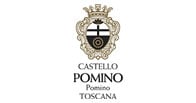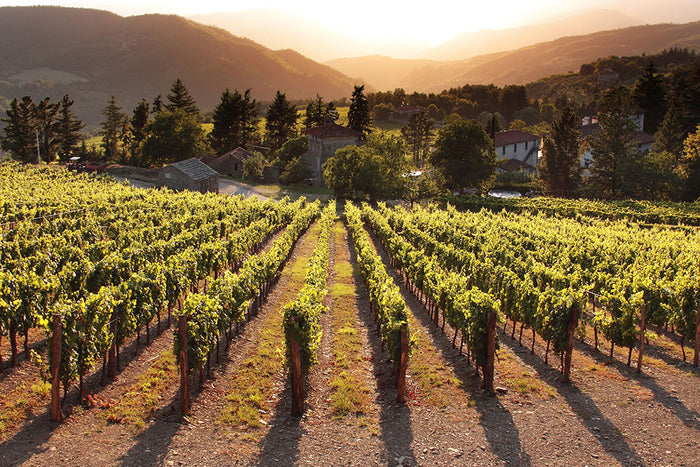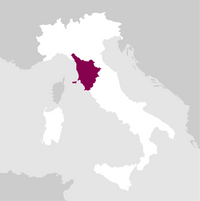Description
Truly unexpected. A wine that captures the desire to embark on new journeys. Bold, resolute, expressive and elegant like the great-great-grandmother Leonia, who inspired this innovative wine. Leonia was the first to plant the French varietals at Pomino, vinifying them in the first Italian gravity-flow winery and receiving the gold medal at the Paris Expo in 1878.
Awards

Perlage

Perfume

Color

Taste
Serve at:
06 - 08 °C.
Longevity:
05 - 10 years

- Start up year: 1400
- Oenologist: Nicolò D'Afflitto
- Bottles produced: 650.000
- Hectares: 108
The castle dates back to the 1500s and is well-known for its excellent location. However, the most significant testimony dates back to 1716, when Grand Duke Cosimo III de' Medici identified the four most suitable territories in Tuscany for producing Quality Wines.
The document, considered the forerunner of modern DOCs, lists the Pomino land along with Chianti, Carmignano and Val d'Arno di Sopra.
Since that date, the wines of Castello Pomino have won many awards: they were awarded in 1873 at the Universal Exhibition in Vienna and in 1878 won the Gold Medal at the Paris Expo, the highest international recognition at the time.
Today, Castello Pomino still stands for Tuscan winemaking tradition, combined with a desire to innovate and expert know-how. Brightness and minerality for a signature Tuscan wine. Read more


| Name | Castello di Pomino Leonia Metodo Classico Brut Rosé Millesimato 2019 |
|---|---|
| Type | Rosé classic method sparkling wine brut |
| Denomination | Pomino DOC |
| Vintage | 2019 |
| Size | 0,75 l |
| Alcohol content | 12.0% by volume |
| Grape varieties | 100% Pinot Nero |
| Country | Italy |
| Region | Tuscany |
| Vendor | Castello Pomino - Frescobaldi |
| Origin | Village of Pomino, Town of Rufina (Florence) |
| Harvest | By hand, with 15 kg crates. The grapes are collected in the most chill hours of the day. |
| Wine making | Grapes are gently pressed to ensure the extraction of a clear must with a slight anthocyanin charge. Subsequently, the 12-hour cold clarification allowed further clarification, which was decisive in creating the qualitative harmony that characterised this Leonia rosé. Fermentation occurs in stainless steel tanks at a constant, controlled temperature. Part of this wine is fermented in wood. |
| Aging | In March, the blending of the different cuvées takes place, followed by the tirage with subsequent ageing on the lees for at least 36 months, concluding with remuage and disgorgement. Before being marketed, Leonia rosé ages in the bottle for several months to give harmony and organoleptic balance. |
| Allergens | Contains sulphites |






